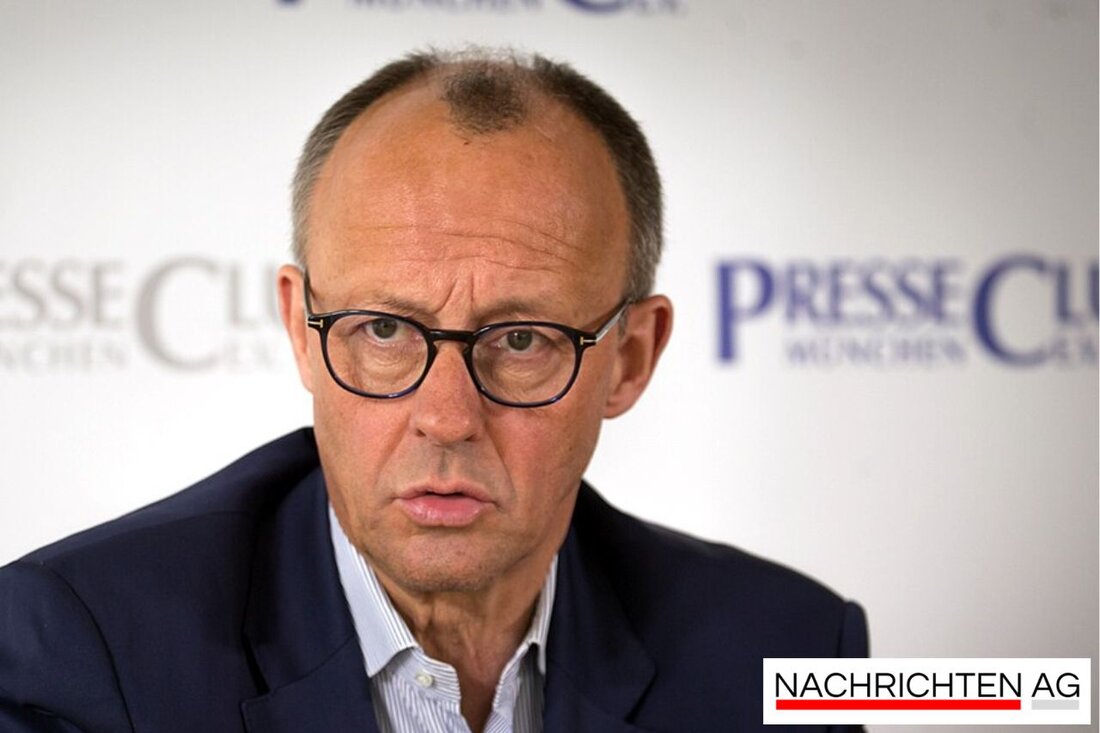Rostock in turmoil: Protest against Chancellor Merz's controversial statements!
On October 27, 2023, 600 people demonstrated in Rostock against Chancellor Merz's controversial cityscape statements on migration policy.

Rostock in turmoil: Protest against Chancellor Merz's controversial statements!
On October 27, 2023, around 600 people gathered in Rostock at the Neuer Markt for an emotional demonstration under the motto “We are the cityscape – We are the daughters”. The protest was a direct response to controversial statements by Chancellor Friedrich Merz (CDU) on migration policy. Merz explained in an interview that there was “a problem in the cityscape” and encouraged the daughters to ask what he meant by that. These statements were met with strong criticism and were perceived as generalizations and appropriation, which led many participants at the rally to loudly express their outrage. The Rostock Migrant Council organized the demonstration in collaboration with the Rostock Nazi-Free Alliance to draw attention to the challenges and fears of migrants and non-German citizens. Northern Courier reports that the chairwoman of the Migrant Council, Maria Lichtermann, spoke of disappointment with Merz's statements. She called for structural changes such as better access to education and affordable housing.
Also at the demo was Flora Mennicken, chairwoman of the Mecklenburg-Western Pomerania State Women's Council, who described the classification of “real” and “wrong” Germans as “pure poison” for social interaction. Criticism of the Chancellor took on dimensions in many German cities, as a series of other protests showed. SRF reported that around 2,000 people took to the streets in Hamburg in rainy weather and held banners like “Merz out of our cityscape!” drew attention to the problem.
Social reactions and challenges
Participants in the demonstrations not only expressed their emotions, but also legitimate concerns about Merz's statements. Chris Günther, the deputy district chairwoman of the Rostock CDU, noted that the majority of migrants are well integrated. Nevertheless, it is important to name problems openly. Imam-Jonas Dogesh, a naturalized social worker, pointed out the challenges faced by refugees. Long waiting times for work permits and integration courses are real obstacles. He criticized Merz's statements as unjustified and felt pushed into a corner as a result. Northern Courier
The context of these controversies is the ongoing debate about migration policy in Germany, which is also reflected in various surveys. For example, according to a survey in the ZDF political barometer, 63 percent of respondents are of the opinion that Merz's statement about problems in the cityscape is justified. Overall, however, there are also significant concerns that migrants are perceived as problems and not part of the solution, as a representative of a Syrian-German cultural association noted. People who are perceived as different or foreign are affected in a special way by Merz's statements, according to the tenor of many speakers. SRF
Integration as a permanent task
A key topic in the current discussion is the integration of refugees, which, according to Professor Petra Bendel, remains an ongoing task. ZDF highlights that the financing of integration measures by municipalities is often inadequate and that many services such as advice and language courses are organized voluntarily. This is identified as a central problem for equal opportunities in the immigration society.
At the same time, Germany achieved record levels of labor market integration in 2022, with 70 percent of immigrants in employment. At the same time, there are major discrepancies: While some municipalities are considered overburdened, others express the desire to limit immigration in order to improve integration. This is viewed as legally problematic and could affect international treaties. Ultimately, the question remains: How do you find the balance between an open society and the need to seriously address integration?

 Suche
Suche
 Mein Konto
Mein Konto